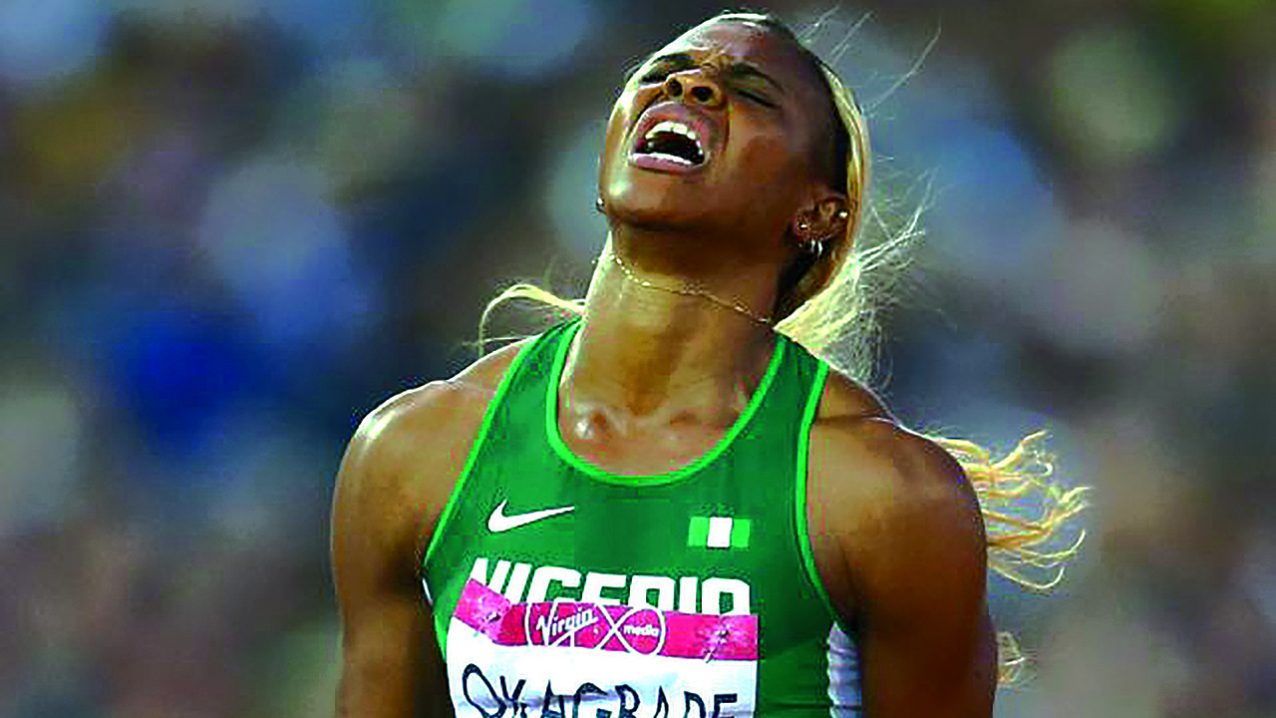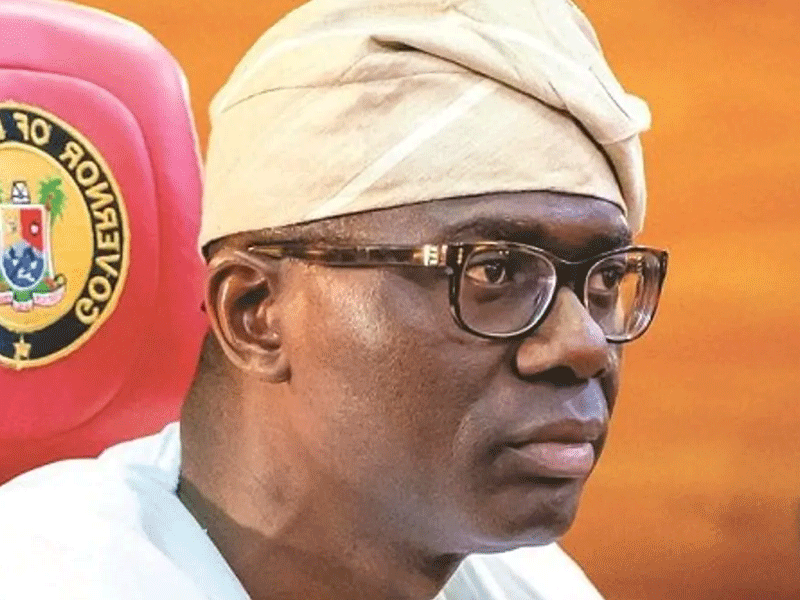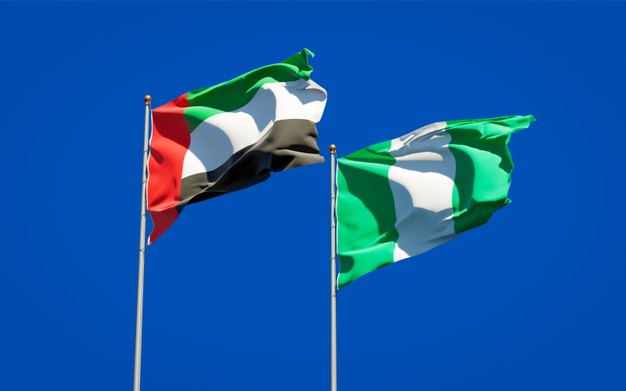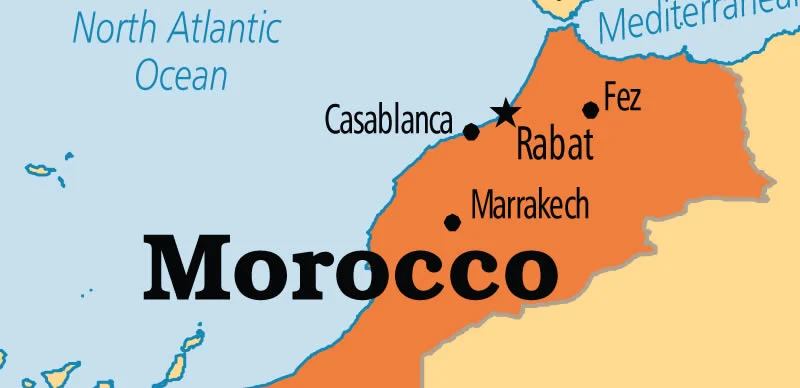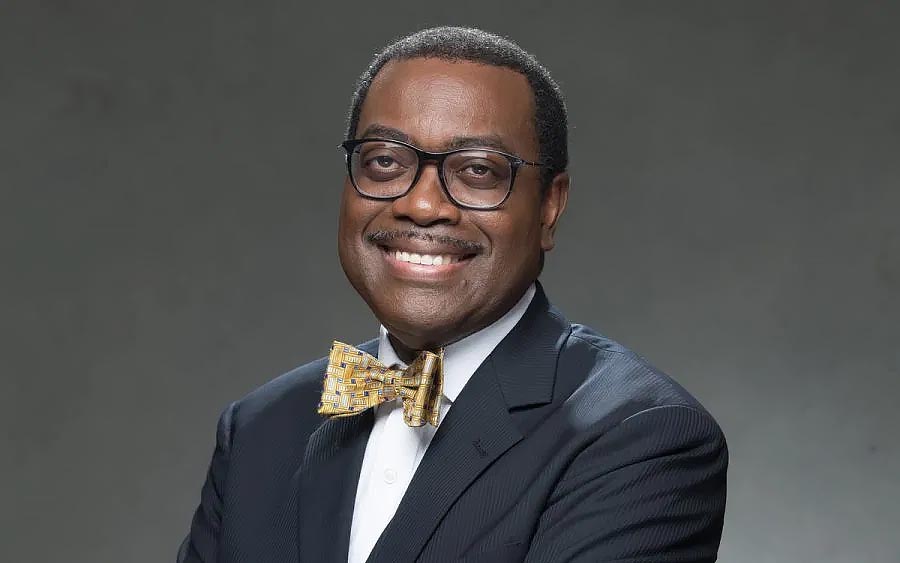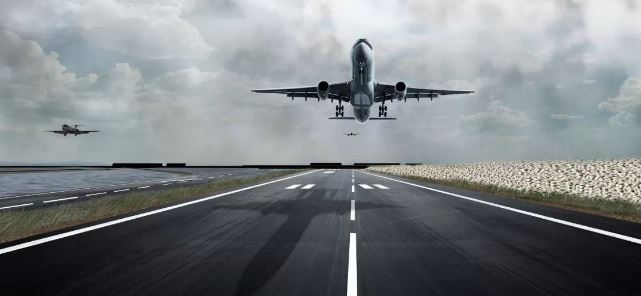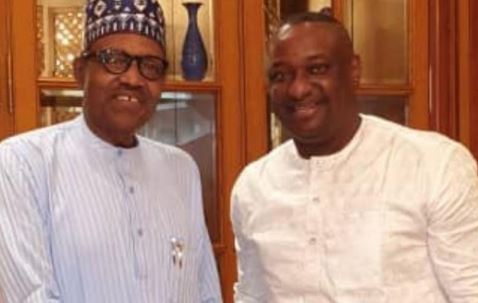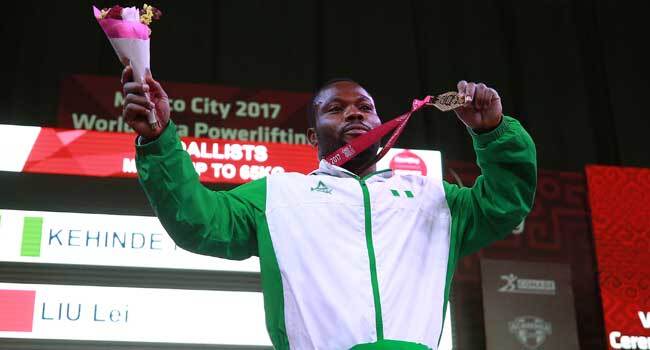The Lagos State Government on Tuesday, banned the use of amplifiers, microphone, megaphones at motor parks, so as to reduce noise pollution in the environment.
Speaking at a news briefing in Ikeja, the Permanent Secretary, Office of Environmental Services, Dr Omobolaji Gaji said the rate of noise pollution, especially in public places was worrisome.
The news briefing was organised by the Lagos State Ministry of the Environment and Water Resources, through the Lagos State Environmental Protection Agency (LASEPA) and the Ministry of Transportation.
Gaji said that noise pollution was the most prevalent of the complaints received annually, accounting for 75 per cent of total complaints.
He said the complaints were mostly anthropogenic, and not limited to transport, religious, commercial, industrial, entertainment, and power generating, among other sources.
According to him, noise pollution, which is an unwanted sound in excess of the permissible limits has become very prevalent in Lagos environment.
”The menace is causing stress with severe health implications, while those with long term exposure will be suffering from hearing loss that is detrimental to human health.
”Adults are believed to be the ones thought to show great concerns from problems associated with noise pollution, but children are quite vulnerable as well, more so as there are no known visible symptoms at early age.
”Citizens are better informed of their rights to a safe and healthy environment following various advocacy programmes of the agency through electronic and print media. The most widely being the social media handles of the agency and its website,” he said.
The General Manager of LASEPA, Dr Dolapo Fasawe, said from Wednesday, (today), it was illegal for any motor park in Lagos to make use of sound amplifiers and other noise-making devices while calling on passengers.
Fasawe said that any park found violating the order would face the wrath of the law.
She said that section 177, subsection 2 of the Lagos State Environmental Management and Protection Law 2017, prohibited the use of public address system or loudspeaker to solicit for passengers or advertise the sale of goods at parks, markets and public places.
The general manager said there was a specified limit of decibel of noise required in the day time and night, adding that anyone who flouted the new directive would be severely sanctioned.
Speaking on the penalty, the Special Adviser to the Governor on Transportation, Mr Oluwatoyin Fayinka, said that any park that flouted the new directive would be shut while the transporters and managers of the parks would be dealt with in accordance with the law.
Fayinka said there was a Motor Parks Monitoring Committee that would go round the parks to ensure compliance.
The Consultant expert in the Noiseless Lagos Project, Prof. Ade Owolawi said it was unfortunate most that Nigerians suffered from hearing impairment due to excessive exposure to noise pollution.
Owolawi said that most transporters were having hearing issues due to their exposure to noise pollution at their motor parks.
The professor added that study conducted at the motor parks showed that 17 per cent of the people working in the parks were suffering from hearing impairment.
The expert said that the rate at which the figure of affected Nigerians was increasing was alarming, urging government’s intervention toward addressing the situation.
Owolawi said that in spite of hearing challenges at the motor parks, some people were fond of using a very loud horn.
According to him, most of them engage in the practice unknowingly, not considering its harmful effects on their health.

